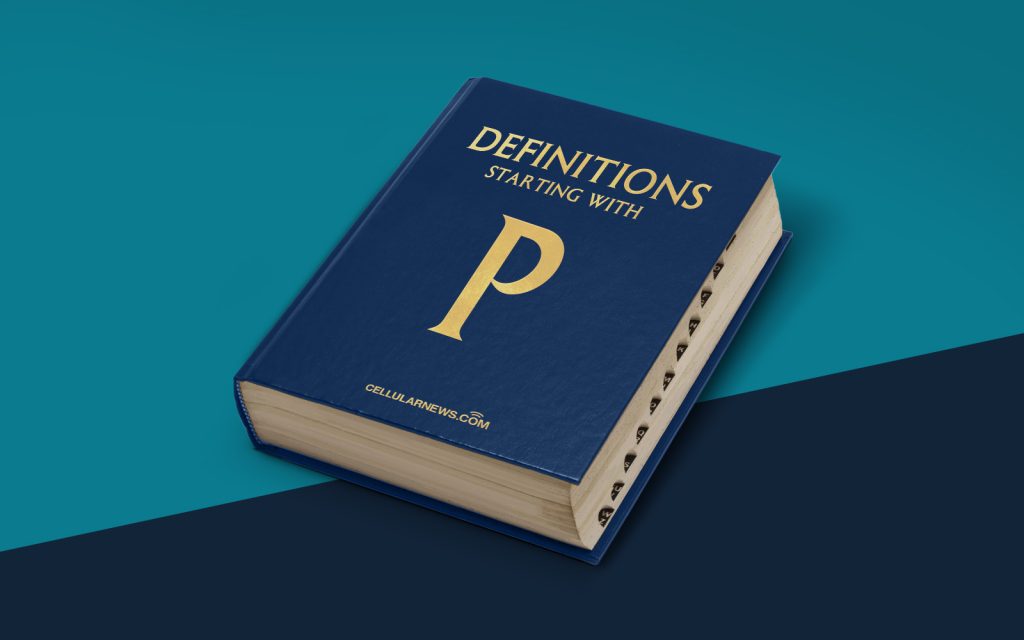
The Basics of Pay to Play (P2P)
Pay to Play, or P2P, is a term that has gained significant attention in recent years. But what exactly is Pay to Play and how does it affect businesses and consumers? In this article, we’ll delve into the world of Pay to Play and provide a comprehensive overview of its meaning, implications, and how it relates to various industries.
Key Takeaways
- Pay to Play (P2P) refers to a model in which businesses or individuals must pay in order to have access to certain opportunities, benefits, or platforms.
- Pay to Play can be seen across various industries, including politics, gaming, music, and advertising.
Understanding Pay to Play
In its essence, Pay to Play refers to a model in which businesses or individuals must pay in order to have access to certain opportunities, benefits, or platforms. While this concept is mostly associated with the gaming industry, it extends far beyond and can be observed in various sectors like politics, music, and advertising, just to name a few.
In the gaming industry, Pay to Play usually applies to online or mobile games that offer additional features or advantages for players who are willing to pay. These can include unlocking new levels, obtaining special items or abilities, or gaining an advantage over other players. This model has allowed game developers to generate revenue and sustain the ongoing development and improvement of their games.
In politics, Pay to Play refers to a system in which individuals or organizations contribute financially to political candidates or campaigns in exchange for influence or access. Critics argue that this practice can undermine the democratic process and allows special interests to have an undue influence on policy-making.
In the music industry, Pay to Play can refer to a practice where emerging artists are required to pay a fee in order to secure performance opportunities or promote their music. While this can provide a platform for exposure, it has also been criticized as exploitative, as it puts the financial burden on the artists rather than the event organizers or promoters.
In the advertising industry, Pay to Play can be seen in various forms. For example, social media platforms often offer paid advertising options that allow businesses to reach a wider audience or target specific demographics. Pay to Play can also refer to influencer marketing, where brands compensate influencers for promoting their products or services to their followers.
Wrapping Up
Pay to Play is a concept that has permeated across different industries, each with its own unique characteristics and implications. Whether it’s unlocking special features in a game, influencing political decisions, gaining exposure as a musician, or leveraging paid advertising for business growth, Pay to Play has become an integral part of our modern society. As businesses and consumers, it’s important to understand the implications and navigate this landscape in a way that aligns with our values and goals.
